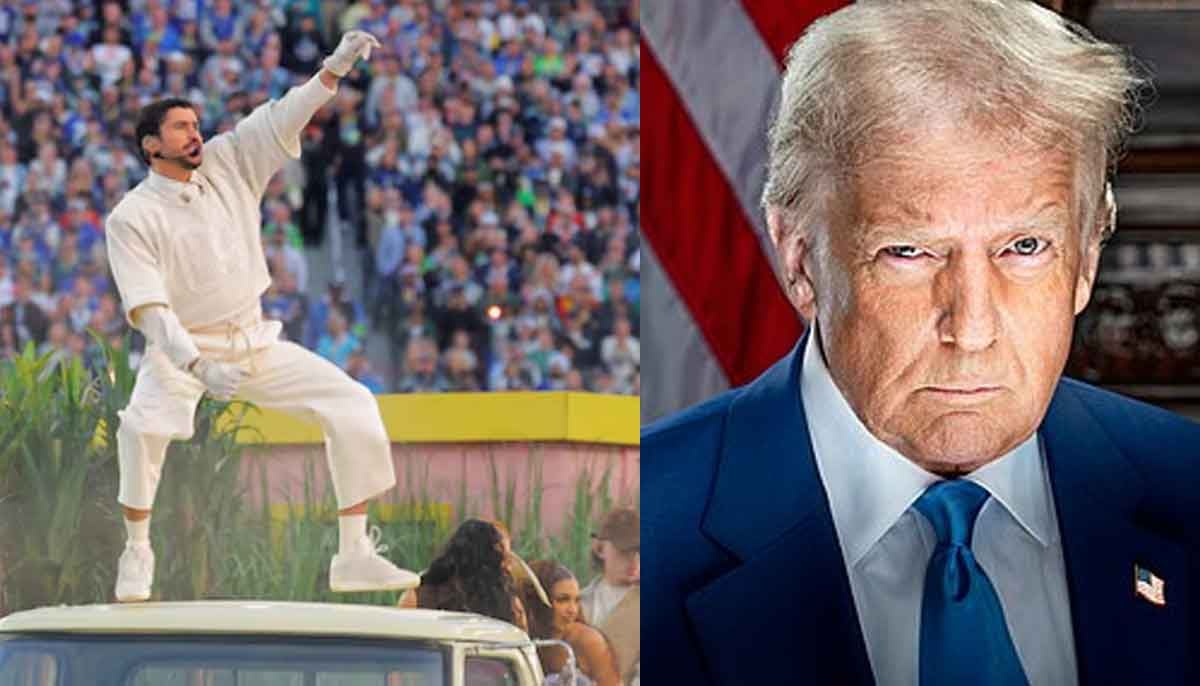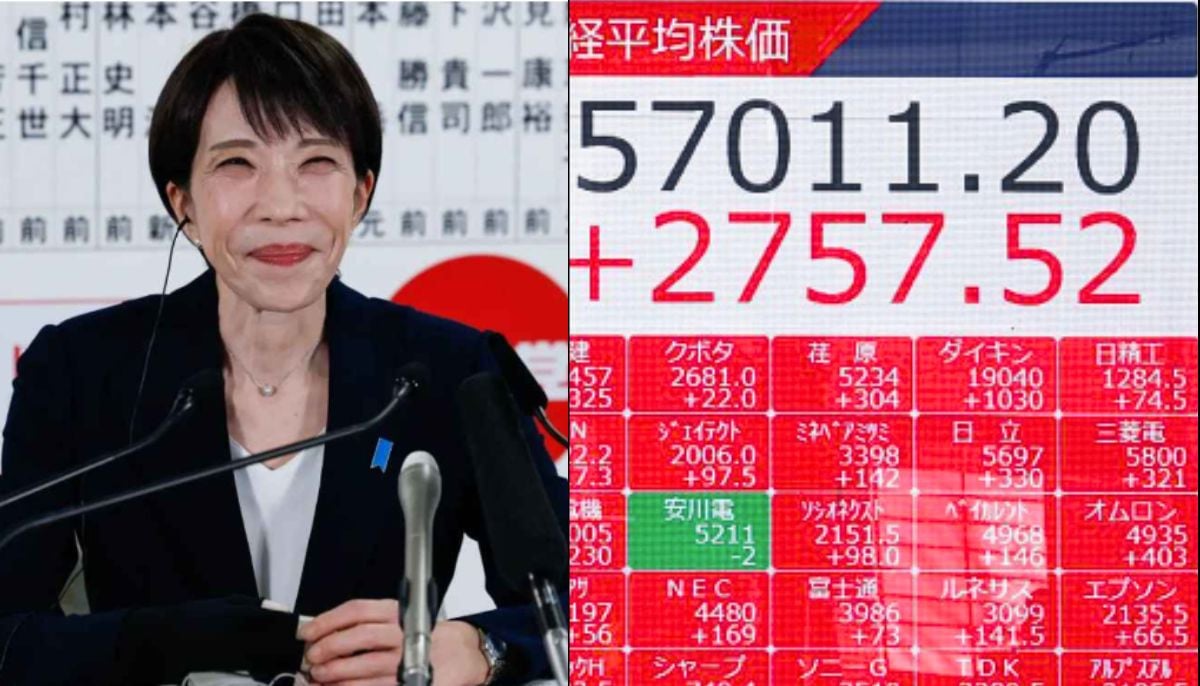BEIJING: Shocking win of Republican candidate Donald Trump against Hillary Clinton has started worldwide debate on how the new US government will deal with the world.
Trump fought this election on isolationist policies threatening the globalised world order.
With Pakistan and China having close ties and the work on the China-Pakistan Economic Corridor going in full swing, Pakistan may also feel the heat if Trump implemented his anti-China policies.
Here are the views of four prominent Chinese experts about the election and the future of China-US relations.
Shi Yinhong, director of the Center for American Studies, Renmin University of China:
Trump will fulfill his campaign promises, especially in regard to foreign policy, after coming into office. His China policy will surely have negative effects on Sino-US economic cooperation. The election, together with Brexit, demonstrates the decline of the West.
Under the circumstances, although the Chinese government will respect the US' strength, it may look down upon its fading political and social institutions. Generally speaking, Beijing will become more assertive in its dealings with Washington.
Jin Canrong, deputy director of the Center of American Studies, Renmin University of China:
Trump's victory will negatively influence trade between China and the US, as Trump vowed to impose a 45-percent tariff on Chinese imports to the US. Many observers have raised concerns over an impending trade war, which will exert tremendous negative effects on the global economy and Sino-US relations.
Lin Hongyu, president of the Institute of International Relations, Huaqiao University:
After taking office, Trump will not fulfill his campaign promises, such as building a wall along the US-Mexican border or withdrawing troops from Japan and South Korea, because he will meet with strong resistance. But he might impose heavy restrictions on immigration and unload some of the US' international responsibilities. Isolationism and conservatism will rise, and a Trump-led US government might shrink the country's capabilities around the globe.
Although Trump has never elaborated on his China policy, it is possible that, compared to Clinton, his stance might help revamp the bilateral relationship, especially in terms of geopolitics and national security. China will face less pressure from the US given the superpower plans to shift its attention from the world to itself. China will have a chance to play a more important role in advancing globalization in the international community as many Western countries are disturbed by domestic resistance to globalization. This will serve China's ambition well to be more involved in international affairs.
Li Haidong, professor with the Institute of International Relations at China Foreign Affairs University:
Trump's foreign policy will not adhere to his campaign promises, as seen with previous administrations. Many of Trump's promises are simply not practical.
Trump's influence on Sino-US relations will mostly be felt in economic sectors. Trade disputes between China and the US will be further explored, and existing economic relations will be deepened. Trump will center his China policy on economic issues, resulting in a strengthening of integration between China and the US, while at the same time intensifying points of dispute.
-
Super Bowl 2026: Why didn't Epstein survivors ad air on TV?
-
Girl and grandfather attacked in knife assault outside Los Angeles home
-
Super Bowl halftime show 2026: What did Trump say about Bad Bunny?
-
Former NYPD detective says Nancy Guthrie's disappearance 'could be hoax'
-
Japan Elections: Stock surges record high as PM Sanae Takaichi secures historic victory
-
$44B sent by mistake: South Korea demands tougher crypto regulations
-
South Korea: Two killed as military helicopter crashes during training
-
Jake Paul criticizes Bad Bunny's Super Bowl LX Halftime Show: 'Fake American'











